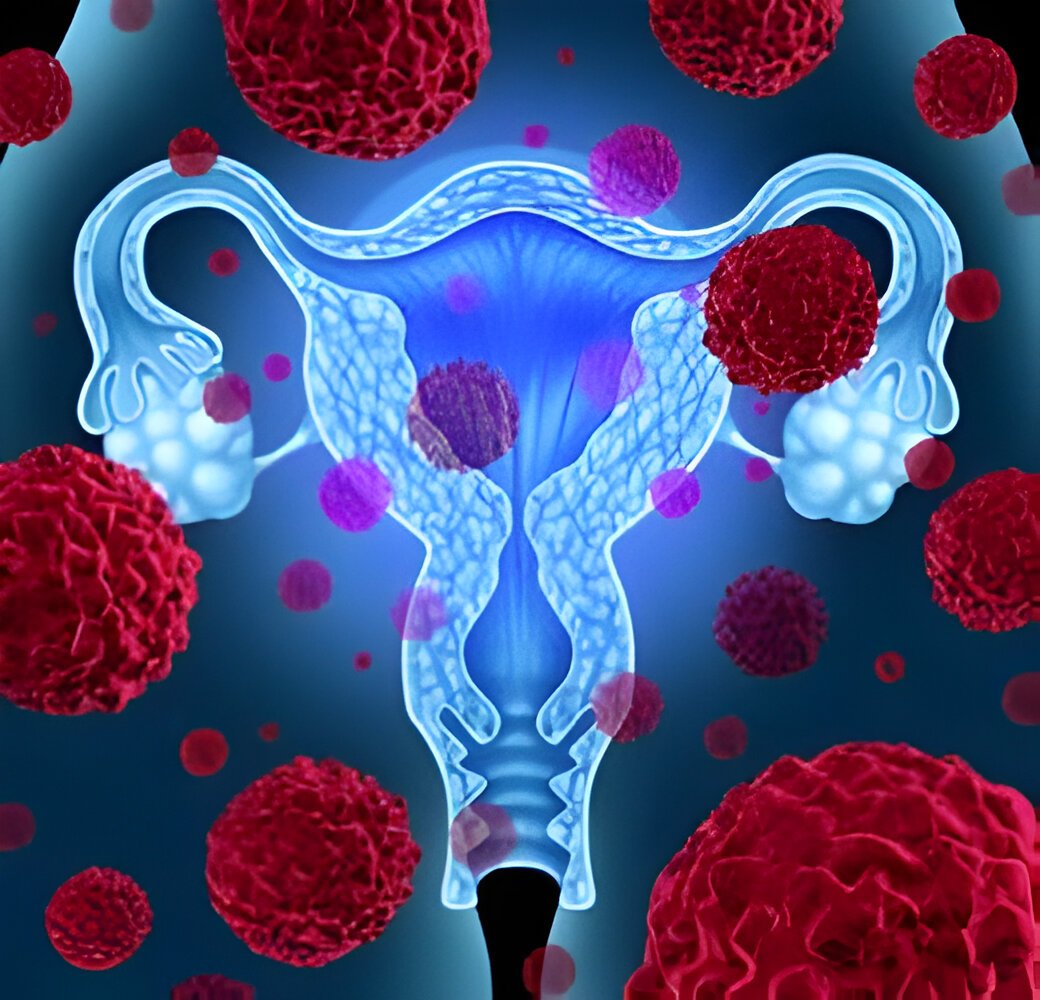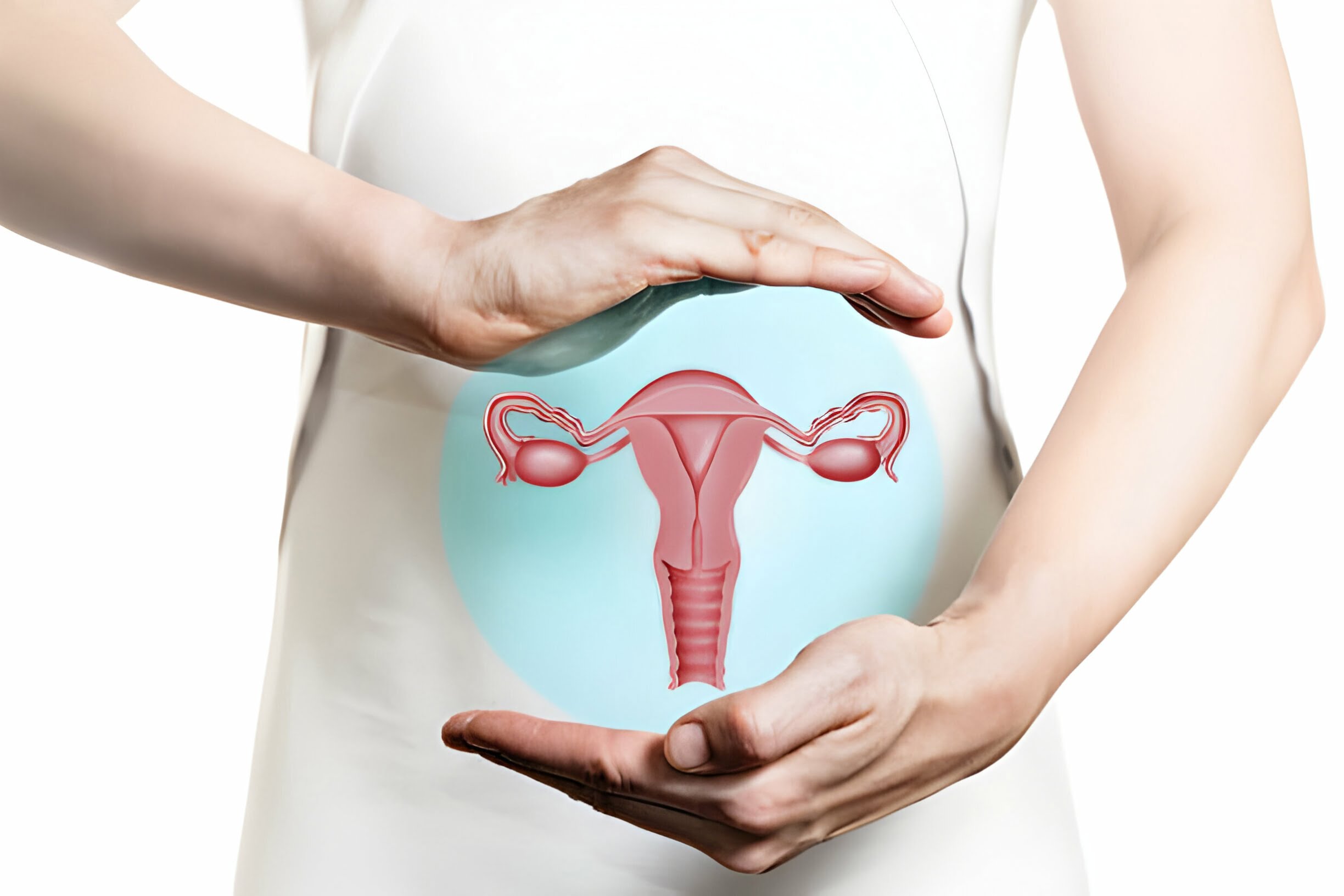Ovarian cancer
Join us in the fight against Ovarian cancer . Learn about prevention, early detection, and the latest advancements in treatment. Together, we can make a difference—one step at a time.
Take Charge of Your Health Today



Overview
Ovarian cancer is a formidable adversary that affects thousands of women worldwide. As we delve into this topic, let’s explore the essential aspects of ovarian cancer.
What Is Ovarian Cancer?
Ovarian cancer originates in the ovaries, the female reproductive organs responsible for producing eggs. It can be challenging to detect early, but awareness and proactive measures are crucial.
Types of Ovarian Cancer
Ovarian cancer encompasses several subtypes, including:
- Epithelial Ovarian Cancer: The most common type, originating from the epithelial cells covering the ovary’s surface.
- Germ Cell Tumors: Arise from egg-producing cells.
- Stromal Tumors: Develop in the ovarian tissue that produces hormones.
Causes and Risk Factors
Understanding the risk factors and potential causes of ovarian cancer is essential:
- Genetics and Family History:
- A family history of ovarian, breast, or colorectal cancer increases the risk.
- Inherited gene mutations (such as BRCA1 and BRCA2) play a significant role.
- Age and Hormonal Factors:
- Ovarian cancer is more common in women over 50.
- Early menarche (first period) and late menopause increase the risk.




Ovarian cancer Symptoms
Recognizing the signs of ovarian cancer empowers women to seek timely medical attention. Common symptoms include:
- Abdominal Bloating and Discomfort:
- Persistent bloating, feeling full quickly, or discomfort in the abdominal area.
- These symptoms often mimic digestive issues, making early diagnosis challenging.
- Pelvic Pain:
- Unexplained pelvic pain or pressure.
- Pain during intercourse or while urinating.
- Changes in Bowel Habits:
- Constipation or diarrhea that persists.
Prevention
Preventive measures can reduce the risk of ovarian cancer:
- Oral Contraceptives:
- Long-term use of birth control pills may lower the risk.
- Healthy Lifestyle Choices:
- Maintain a healthy weight, exercise regularly, and avoid smoking.




Diagnosis
Early detection improves treatment outcomes. Key diagnostic methods include:
- Pelvic Examination:
- Performed by a healthcare provider to check for abnormalities.
- Transvaginal Ultrasound (TVUS):
- Uses sound waves to create images of the ovaries.
- Helps identify cysts or tumors.
- CA-125 Blood Test:
- Measures a protein associated with ovarian cancer.
Elevated levels may indicate the need for further evaluation
Treatments
Treatment options depend on the cancer stage and individual factors:
- Surgery:
- Removal of the affected ovary (unilateral oophorectomy) or both ovaries (bilateral oophorectomy).
- Lymph node removal and debulking surgery if necessary.
- Chemotherapy:
- Administered after surgery to target remaining cancer cells.
- May also be used as the primary treatment for advanced cases.
- Targeted Therapies:
- Newer treatments that specifically target cancer cells.


Do’s
- Attend regular check-ups and screenings.
- Advocate for your health.
- Seek support from loved ones and support groups.
Don’t
- Ignore persistent symptoms.
- Delay seeking medical advice.
Testimonials
Our patient Most Valuable Words
ExcellentBased on 120 reviews
 Sahajavadlakonda26 Goud15/07/2024Good caring and higiene hospital
Sahajavadlakonda26 Goud15/07/2024Good caring and higiene hospital M.P. Prasad11/07/2024The staff is attentive and personally caring for the aged patient
M.P. Prasad11/07/2024The staff is attentive and personally caring for the aged patient harika devalla02/07/2024Good service
harika devalla02/07/2024Good service Tejesh Yadav01/07/2024Very good ambience and well trained doctors
Tejesh Yadav01/07/2024Very good ambience and well trained doctors rajesh kandhagatla29/06/2024Good service from staff and team
rajesh kandhagatla29/06/2024Good service from staff and team
Contact us
Don't Hesitate Contact us for any Information
Call us to this number for immediate support
+ 987 654 3210

